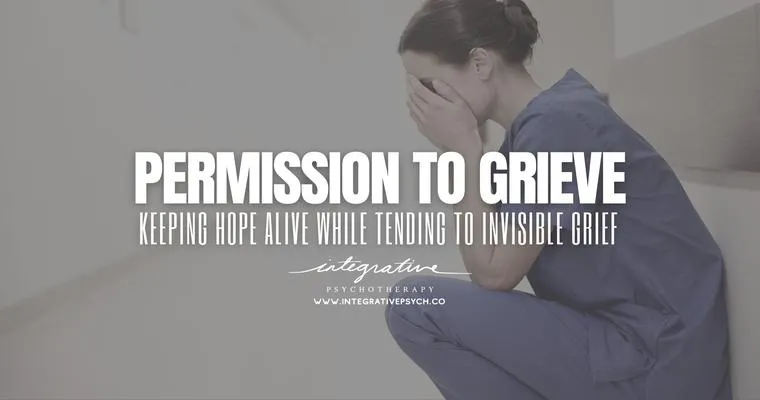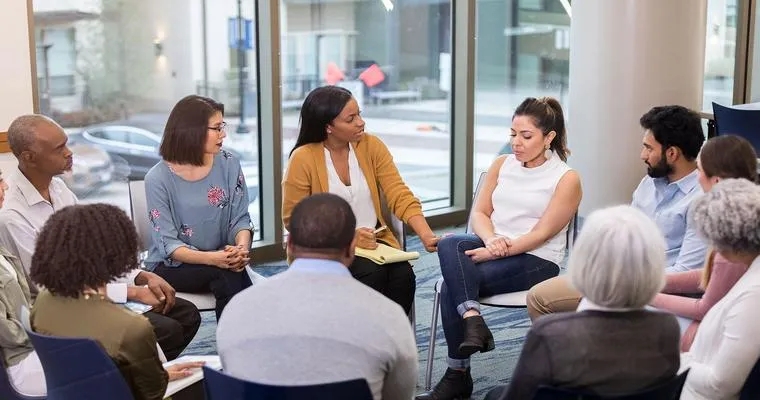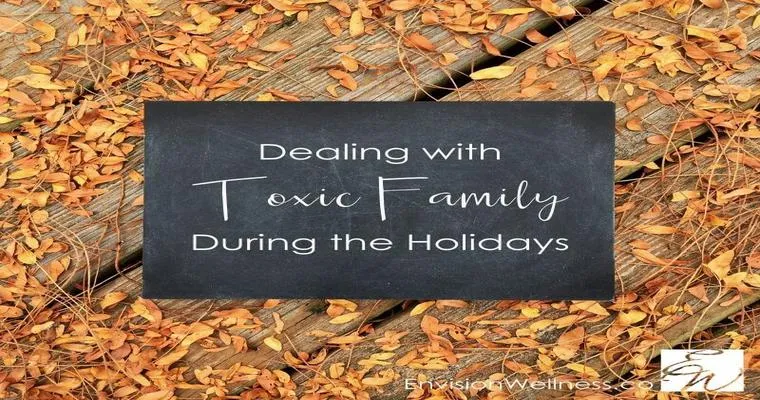Grief is a complex and deeply personal journey that many people experience after the loss of a loved one. It can manifest in various ways, and "triggers" can often evoke powerful emotions that may feel overwhelming. For those navigating through grief, understanding these triggers is essential. Can anyone relate to the unexpected moments that bring back memories and feelings associated with loss?
Grief is not a linear process; it fluctuates, often catching us off guard. Triggering events or situations can arise from everyday life, such as a familiar song, a particular scent, or even a specific location. These triggers can send us spiraling back into moments of sadness, anger, or nostalgia, making it crucial to identify and process them.
One common "trigger" is the anniversary of a loss. Many people find that the days leading up to and following the anniversary are filled with heightened emotions. Whether it is the birthday of the deceased or the date of their passing, these moments can act as reminders of the void left behind. It is perfectly normal to feel a renewed sense of grief during these times, and sharing these feelings with others can provide comfort.
Another common trigger can be found in social settings. Attending gatherings where loved ones are absent can stir feelings of loneliness and longing. Friends and family might not realize the impact these gatherings have on someone who is grieving. It is essential for those who are grieving to communicate their feelings and set boundaries when necessary.
For many, "memories" can also serve as triggers. A photo, a shared story, or even a favorite meal can bring back vivid recollections of the person lost, leading to feelings of joy mixed with sorrow. Embracing these memories while allowing space for grief is a delicate balance that many struggle to achieve.
Support systems play a vital role in navigating grief and its triggers. Connecting with others who have experienced similar losses can foster understanding and empathy. Whether through support groups, online communities, or close friends and family, sharing experiences can alleviate the burden of isolation. The phrase "Can anyone relate?" often resonates in these circles, as people find solace in knowing they are not alone in their feelings.
Additionally, practicing self-care can help manage the intensity of grief triggers. Engaging in activities that bring joy, practicing mindfulness, or seeking professional help through therapy can provide valuable tools for coping. It is essential to remember that grief is a personal process, and there is no right or wrong way to navigate it.
In conclusion, grief and its associated triggers can be a challenging aspect of life that many people face. Understanding what triggers your grief can lead to greater self-awareness and healing. Sharing experiences and seeking support can significantly ease the journey, reminding us that we are not alone. So, the next time you ask, "Can anyone relate?" know that many people are walking a similar path, and together, we can find comfort in our shared experiences.





